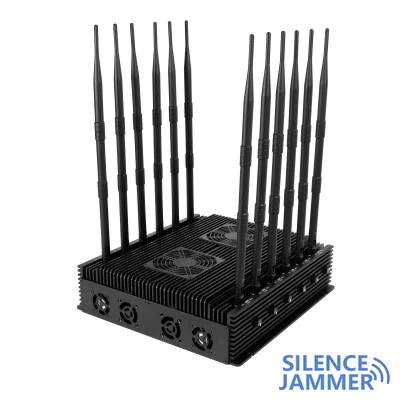Recently, the United States conducted an interference test of a military GPS jammer on its east coast against GPS signals, which has aroused widespread attention and discussion in the international community. This test is considered a preparatory measure for the United States to fight potential conflicts, especially for the advanced missiles with Beidou navigation systems used by countries such as Venezuela..
GPS (Global Positioning System), as a global navigation system developed by the United States in the 1980s, is widely used in military and civilian fields. However, its single dependence also makes it vulnerable to external interference in some cases. Recently, the US Navy intended to interfere with GPS signals in tests, allegedly in preparation for potential military actions in Venezuela. Venezuela, as a country that purchases advanced missile systems from China and Russia, uses the Beidou navigation system developed by China for its missiles.
Experts pointed out that the reason why the United States chose to interfere with GPS services rather than stop them is that the global coverage of GPS means that stopping the service will have unpredictable effects on surrounding areas and may even trigger negative international reactions. Interference can accurately affect the navigation system in a specific area without affecting other areas.

The reaction triggered by this interference test shows that more and more countries have added dual-system support to their missile systems to deal with possible GPS interference. Venezuela quickly switched to the Beidou system after the missile deviated during the test and successfully restored accurate aiming at the target. In addition, countries such as Iran have also begun to install multi-system support on their military equipment. This trend shows that for countries that rely on a single navigation system, enhancing system resilience and reliability has become a top priority.
The Washington Post reported that GPS signal interference is not only a technical challenge, but also a test of international strategy and security policy. Losing effective control of the navigation system will directly affect the success of military operations, especially in modern warfare, the importance of precise navigation and strike capabilities cannot be underestimated.

Regarding this incident, the intervention of China's Beidou system has also triggered some discussion. Since China announced the completion of the BeiDou global system, its deployment in the Asia-Pacific region and other parts of the world has gradually expanded, becoming an alternative navigation system for many countries. Although China insists that the development of its BeiDou system is for both civil and national defense purposes, its ability to provide an alternative option when GPS is interfered with has obviously brought new technical and strategic options to the international community.
This incident also shows that with the development of technology and changes in the global military layout, the risks of relying solely on any one navigation system can no longer be ignored. It is necessary for the international community to strengthen the research and application of multi-system support to ensure that it can maintain combat readiness and security in the face of various electronic interference and challenges that may arise in the future.




